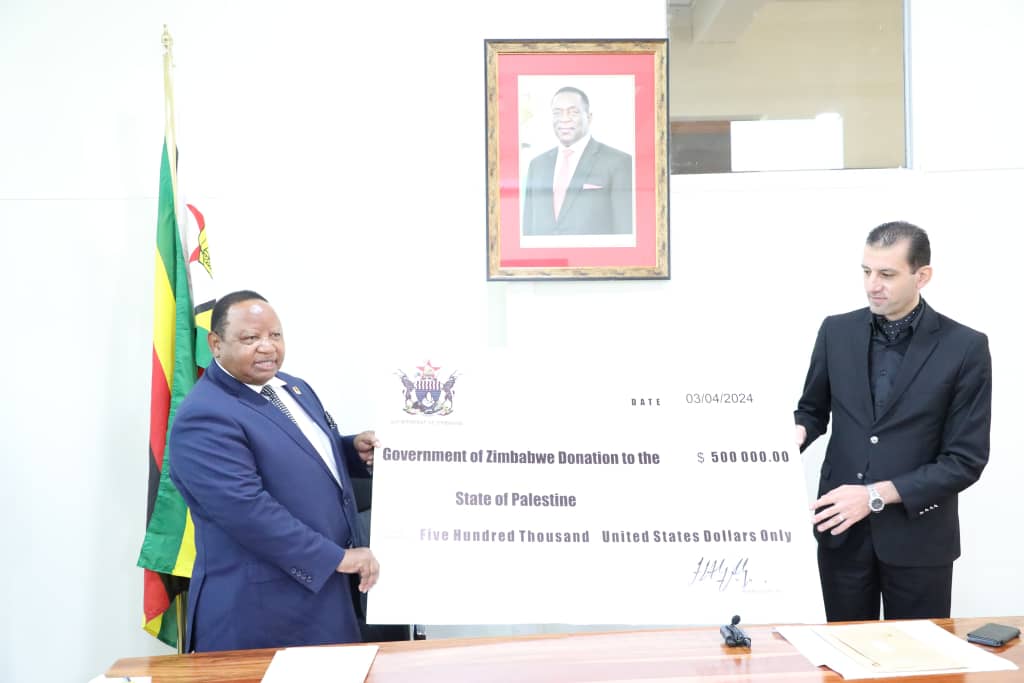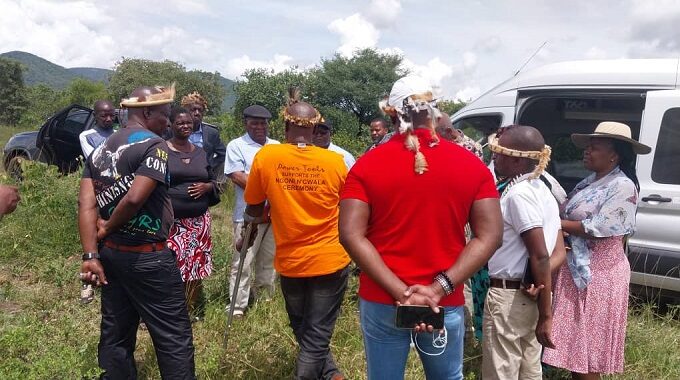THE Zimbabwe National Roads Administration will no longer handle funds collected from tollgates because it did not put the money to good use and, in some instances, failed to account for it, a Cabinet minister has said.
Money collected from tollgates will now be handled by a board constituted by various Government ministries.
Speaking in an interview after addressing students of the Joint Command and Staff Course (JCSC) Number 28 at the Zimbabwe Staff College yesterday, Transport and Infrastructural Development Minister Dr Obert Mpofu said Government recently appointed the board of experts, who are also helping with restructuring the management of Zinara.
“Also, currently appointed is a board that has been drawn from various stakeholders such as the Ministry of Finance, Local Government, Public Works and National Housing and the District Development Fund and the President’s Office,” he said.
“Funds are scrutinised before disbursement and the board is very effective as proved by our tollgates collections ranging from $1,7 million to $2 million per month.”
The establishment of the board is expected to result in the quick rehabilitation of the country’s road network which has been affected by potholes.
“This initiative has helped a lot as proved by the improvements in our roads, the payment of permits and licences has also risen,” said Dr Mpofu.
Zinara has been accused by several stakeholders of failing to properly handle the money raised from toll gates as the road network continued to deteriorate.
Dr Mpofu said Government was working on 10 toll gates out of the 30 that were on plan for commissioning this year.
“The City–Harare International Airport road will be completed in the next few weeks,” he said. “Government undertook the project single handedly which showed us that the ministry can do its own things without involving outsiders if allowed to implement proposed programmes.”
Dr Mpofu said regional trade corridors needed rehabilitation with the first project being the Plumtree-Harare Road (823km) now at 90 percent completion.
“Our focus is directed on rehabilitating and upgrading Beitbridge-Harare-Chirundu (feasibility study done and estimated cost is $1,8 billion), Harare-Nyamapanda (feasibility study to be done in 2015 with an estimated cost of $360 million) and Beitbridge-Bulawayo-Victoria Falls (feasibility study is under way with an estimated cost of $800 million),” he said.
The minister said the state of the transport system and infrastructure in Zimbabwe was critical in the development of continental trade and in promoting economic linkages.
“Transport is a major component of any economic development in a country,” he said “Our primary strategic thrust is to rehabilitate and upgrade the bulk of the basic infrastructure assets of the country and reinforce the existing integration of Zimbabwe’s infrastructure network with those of the other countries in Sadc region.”
Dr Mpofu said key features of the proposed programme included increased resource allocations for both upgrading and maintenance of the transport infrastructure facilities.
“Government through Civil Aviation Authority of Zimbabwe (CAAZ) has undertaken the Harare International Airport runway rehabilitation project which is at 65 percent, acquisition of materials for airfield ground lighting system and will shortly be working on the remaining aero-bridges.” said Dr Mpofu.
He said there was need for a second runway at the airport to ensure that further expansion will not encroach into housing development projects.






